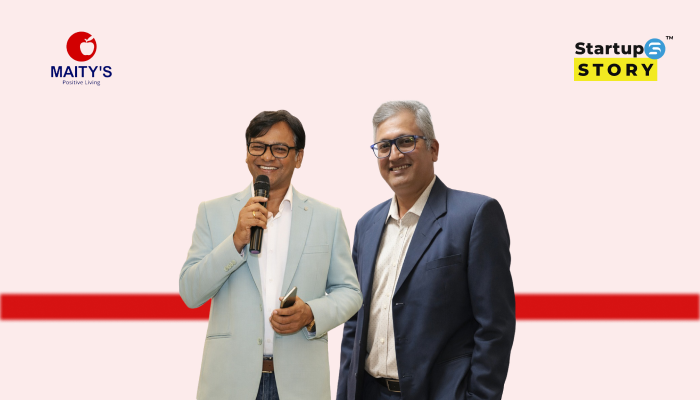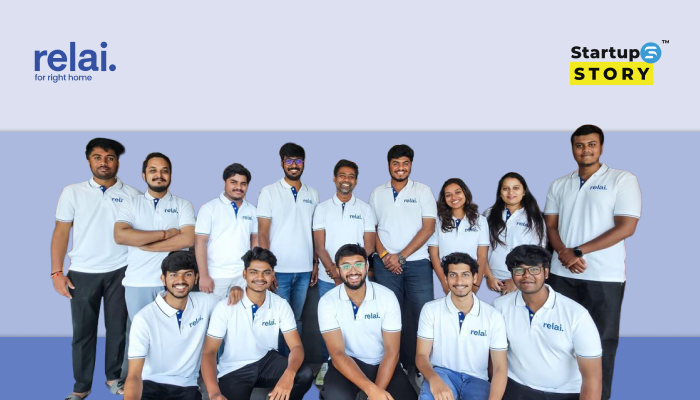From ₹20 Lakh Daily Revenue to Near Collapse: The Rise and Fall of a Home Organiser Brand on Amazon
- ByStartupStory | December 28, 2024

A founder of a home organiser company recently shared his extraordinary journey of success and failure on the career and salary discussion platform Grapevine. In a heartfelt confession, the entrepreneur recounted how his dream of creating generational wealth crumbled under the weight of competition from e-commerce giant Amazon.
“I went from selling 20L of products per day to watching my generational-wealth dream crumble under Amazon,” he began in his post.
The founder revealed that his “humble brand of home organisers” once dominated Amazon and Flipkart, earning nearly ₹20 lakhs in daily revenue at its peak. However, that business is now a shadow of its former self, a casualty of Amazon’s foray into private labels.
“Today, that business is practically gone, undone by Amazon’s move into private labels. I’m not broke or working a 9–5, but the potential for creating true generational wealth was ripped out from under me before it could fully materialise. This is my cautionary tale,” he said.
The Beginnings of Success
The journey began in 2017 when the founder discovered the high demand and pricing for home storage solutions on Amazon India while searching for affordable options for his apartment. Taking a leap of faith, he invested ₹2.5 lakhs in 300 products, pricing them between ₹300-500.
“To my shock, all 300 sold out in roughly 50 hours. Immediately, I reinvested to triple my inventory with about INR 7.5 lakhs. Same story – sold out fast,” he said.
Within just two months, his revenue soared to ₹20 lakhs a day across Amazon and Flipkart, with profit margins of 15-25%. “My margins hovered between 15%–25%, which meant I was netting anywhere between ₹3–5 lakhs profit a day. It felt surreal,” he wrote.
An Offer from Amazon
Amazon soon took notice of his meteoric rise, offering “top seller” perks and dedicated account managers to help him expand. With their support, he sourced more products and even traveled to China to negotiate directly with manufacturers.
The e-commerce giant later offered to acquire his brand as part of their in-house label Solimo. However, the entrepreneur declined the offer, confident in his brand’s unstoppable growth.
The Downfall
His confidence, however, was short-lived. Amazon’s Solimo soon launched similar products at lower prices, turning into a direct competitor. His daily revenue plummeted, and the storage costs for his large inventory became unsustainable. Eventually, he was forced to sell his products at near-cost prices.
“I’m not destitute by any means – I still have personal savings and assets from the peak times. But the potential to scale this brand into a business that could have taken care of me and my family for decades disappeared. The point is, I’m no longer on the cusp of building a long-lasting empire,” he lamented.
Reflecting on his experience, he added, “When you’ve tasted that kind of success – flying to China, spending a lakh or two on just new samples, dealing in crores – it’s a massive adjustment to realize you’re back in ‘planning mode.'”
A Cautionary Tale
This confession serves as a stark reminder of the risks entrepreneurs face in the competitive e-commerce landscape. While the founder’s story began with extraordinary success, it underscores the challenges of sustaining a business amidst aggressive competition from platform-driven private labels.








